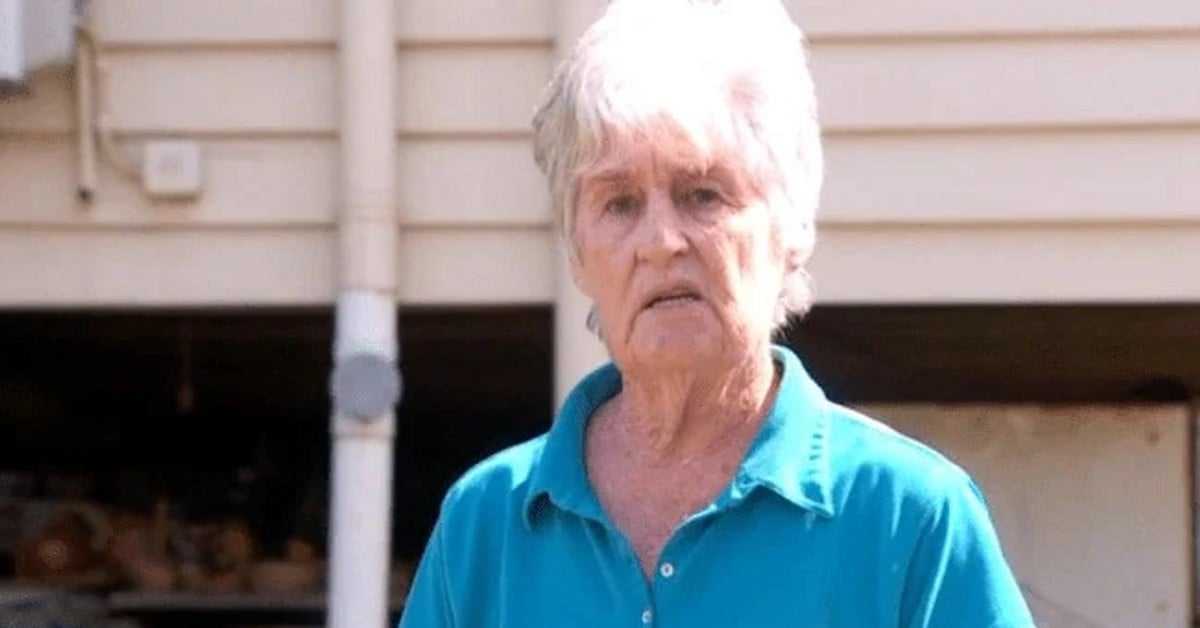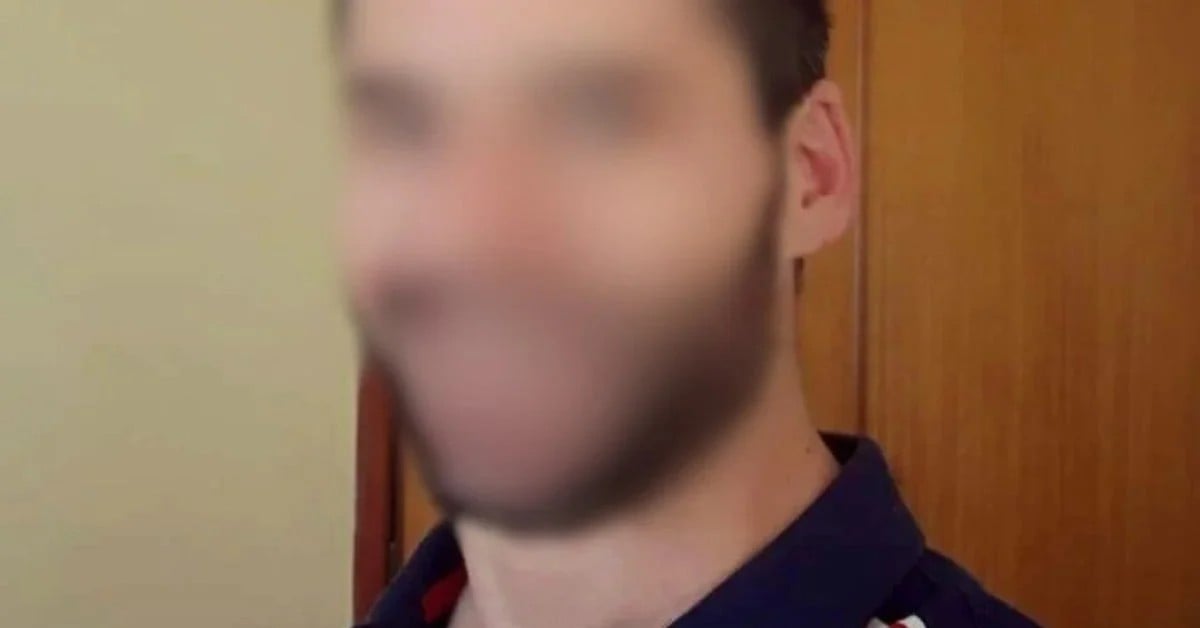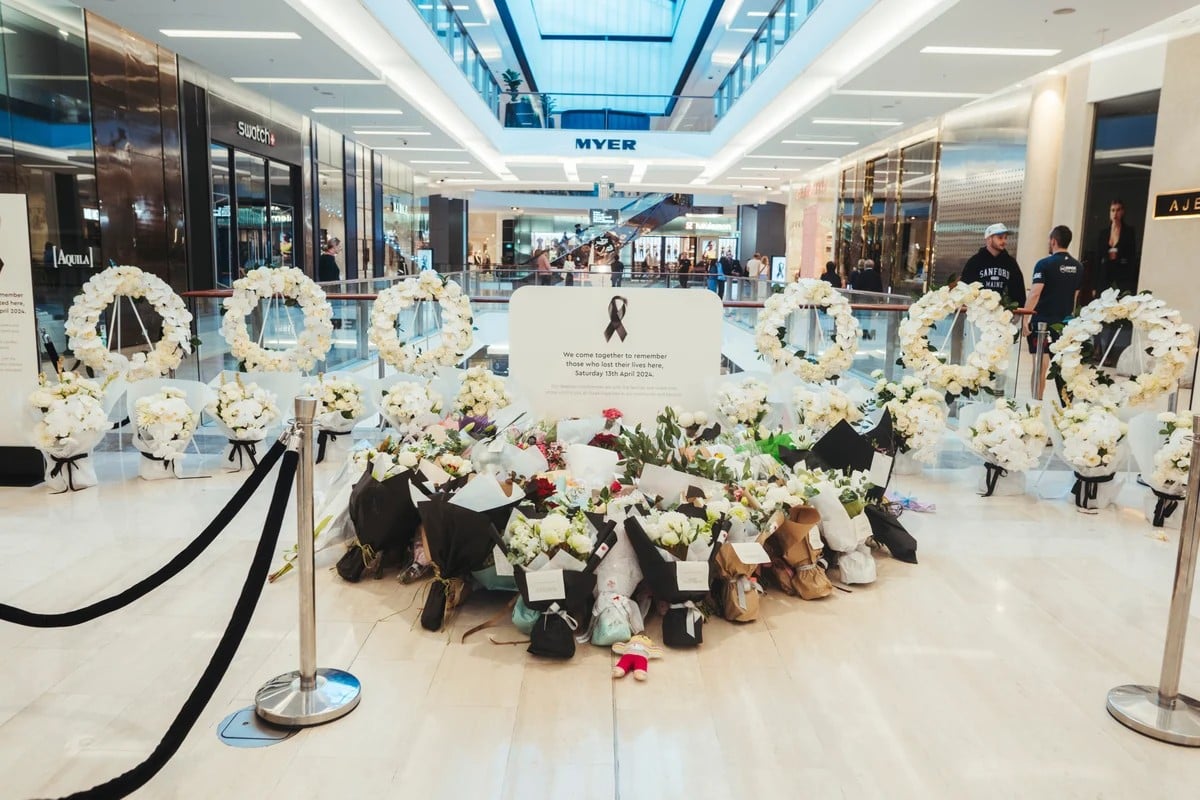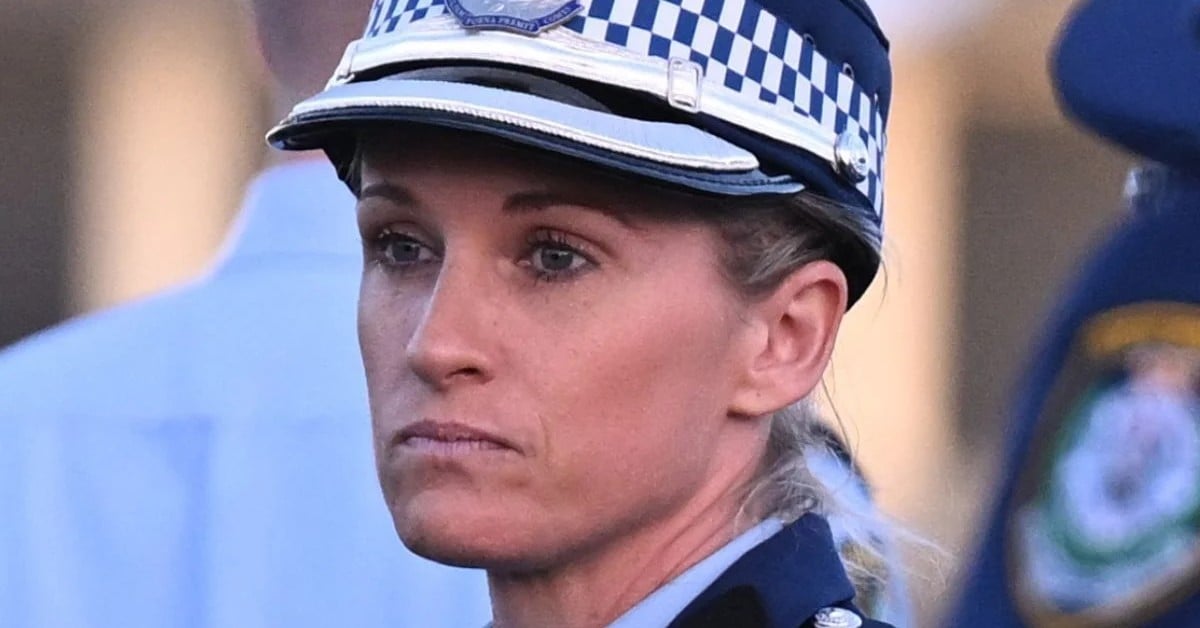
An inquest is currently underway over the mass stabbing spree at Westfield Bondi Junction on April 13, 2024.
Joel Cauchi rampaged through the Eastern Suburbs shopping centre, armed with a 30-centimetre knife on an ordinary Saturday afternoon, indiscriminately stabbing civilians.
Six people were killed — Dawn Singleton, 25, Ashlee Good, 38, Jade Young, 47, Pikria Darchia, 55, Yixuan Cheng, 27 and security guard Faraz Tahir, 30 — and 10 others, including a nine-month-old girl, were injured before the 40-year-old was shot dead by police.
On April 28, a five-week-long inquest into the attack commenced in Sydney's west. Here's everything we've learnt so far.
Killer's mum concerned over 'Satanic' notes.
Cauchi was encouraged by his father to avoid anti-psychotic medication years before the Bondi Junction tragedy.
Evidence presented to the inquest reveals that in late 2019, Cauchi's father told mental health professionals his son didn't need to restart anti-psychotics after being weaned off them months earlier.
"Information given to his father, who became adamant that he did not want his son to go on medication as it will kill him," a nurse's note from the time read.
The court was told Cauchi's father told health workers that "he himself had been traumatised by demons when awake and hears voices and is not on medication."
 Image: Facebook.
Image: Facebook.






























































































